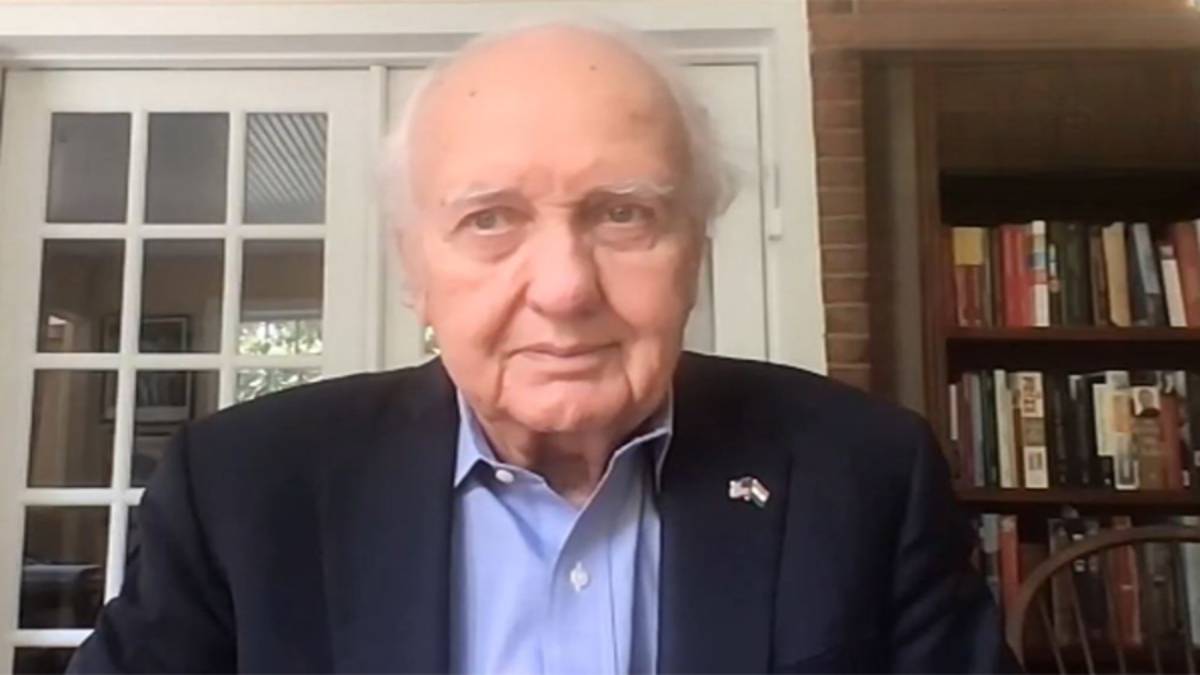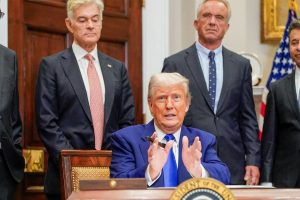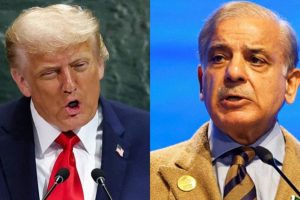Former US Assistant Secretary of Commerce for Trade Development Ray Vickery has criticised President Donald Trump’s confrontational trade policies, urging India to seize the moment and assert itself as a global democratic leader in the face of Washington’s escalating trade pressure.
Vickery’s remarks come after Trump announced a 25 per cent tariff along with additional penalties on Indian imports, set to take effect from August 1. Speaking to ANI, Vickery said the move is characteristic of Trump’s tendency to create bilateral crises only to later claim victory for resolving them.
“This is typical Trump—creating pressure and chaos on a bilateral basis so he can appear as the problem solver,” Vickery remarked. “It’s very unfortunate that the President continues to pursue a transactional, bilateral path.”
The former official expressed concern over Trump’s abandonment of the multilateral trade system established after World War II through the General Agreement on Tariffs and Trade (GATT) and the World Trade Organization (WTO).
Still, Vickery believes a path to resolution remains open, noting that trade negotiations between the US and India were already well advanced. “There’s no need to panic. Sane minds on both sides can still find common ground,” he said, referencing ongoing talks that began during Prime Minister Modi’s earlier visit to Washington.
Trump’s tariff announcement also included criticism of India’s continued energy ties with Russia. Vickery noted that this rhetoric marks a shift in Trump’s tone post-Ukraine invasion, with the US President finally acknowledging the strategic complications posed by Russia.
“He’s realised Putin is not a friend. India now has to carefully consider its dependence on Russian oil and reassess whether its strategic and economic interests align better elsewhere,” Vickery said.
While acknowledging India’s right to make sovereign energy decisions, he urged the country to explore alternatives and position itself for long-term global influence.
“There are many other sources of oil available. And India, as a great democracy, must decide whether to align more closely with global democratic values or continue relying on authoritarian regimes like Russia,” he added.
More significantly, Vickery framed the current moment as an opportunity for India to assume greater global responsibility. “The world is looking for leadership. It won’t find it in Donald Trump,” he said. “India has long shown it can work with others—it should now step forward and fill the void left by Trump’s unilateralism.”
Emphasising India’s role as a “past master” of international cooperation, Vickery concluded, “India should embrace this moment—not just to defend its trade interests, but to rise as a leader among the world’s democracies.”





